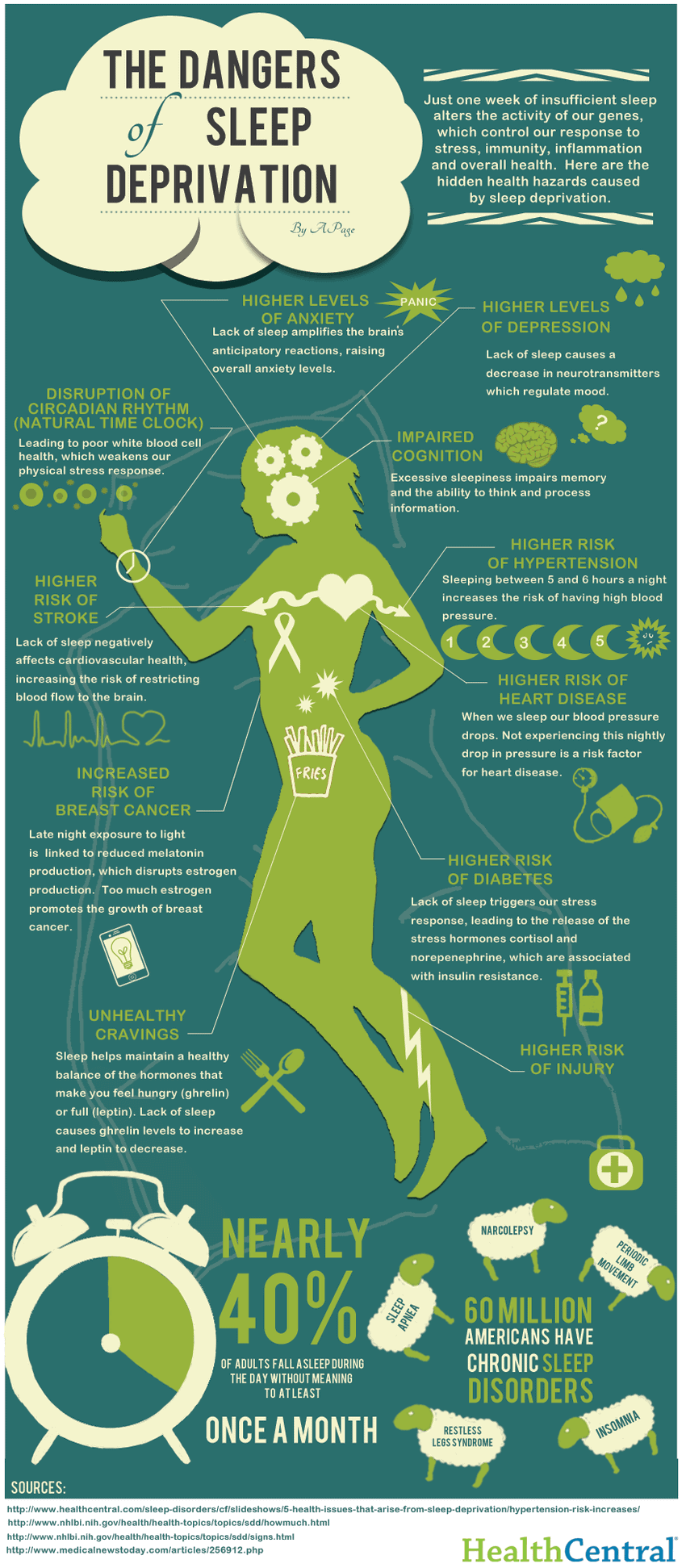


“Excessive caffeine use can often mask sleep deprivation, so it’s also worth considering how much caffeine someone needs to feel okay during the day,” Dimitriu says.

One other tell? Needing a massive amount of coffee to survive. Nodding off in a meeting, on the train, or in a classroom, is often a sign.” The latter is the tendency to fall asleep with any period of boredom or inactivity. Sleep gives your body, including your brain, time to repair itself and carry out important functions, like clearing out waste and releasing hormones. “The most obvious sign of sleep deprivation is fatigue and excessive daytime sleepiness. “The brain needs sleep to consolidate memories, practice and rehearse important events, process emotions, and do a bit of ‘clean up,’ via the glymphatic system, after a busy day,” says psychiatrist Alex Dimitriu, M.D., of Menlo Park Psychiatry & Sleep Medicine. That means if your body is craving rest, you might find yourself nodding off in some unexpected places. This one is pretty straightforward: if you’re exhausted, you’ll try to catch Zs wherever you can. Read ahead for more on the major effects of sleep deprivation, from the obvious to the more extreme - and what you can do to nip the problem in the bud. (For comparison, experts recommend you get 7 to 9 hours of sleep per night.) Next is deep sleep when the body repairs. The second is light sleep your heart rate slows and your temperature drops. A review of 16 sleep studies found that getting less than 6-8 hours of sleep per night can up your risk of early death by as much as 12 percent. The first lasts a few minutes your eyes are closed but you’re still alert. Here's the scariest part: you don't need to be tossing and turning every single night to experience the long-term negative health effects of sleep deprivation. Sleep deprivation can cause daytime sleepiness, mood shifts, difficulty concentrating, and slower thinking. Most adults need at least seven hours of quality sleep each night. “Hours of lost sleep add up to a bigger health deficit than you may realize.” Sleep deprivation occurs when you do not get the sleep you need. “Sleep isn’t a luxury, it’s a necessity,” says Michelle Drerup, PsyD, director of behavioral sleep medicine at the Cleveland Clinic. Unfortunately, you may have inadvertently thrown your body out of whack, as skimping on sleep can result in more than just heavy eyelids the following day. Whether it’s due to your loud upstairs neighbors or your snoring bedmate, pretty much everyone has experienced at least a few nights of tossing and turning.


 0 kommentar(er)
0 kommentar(er)
